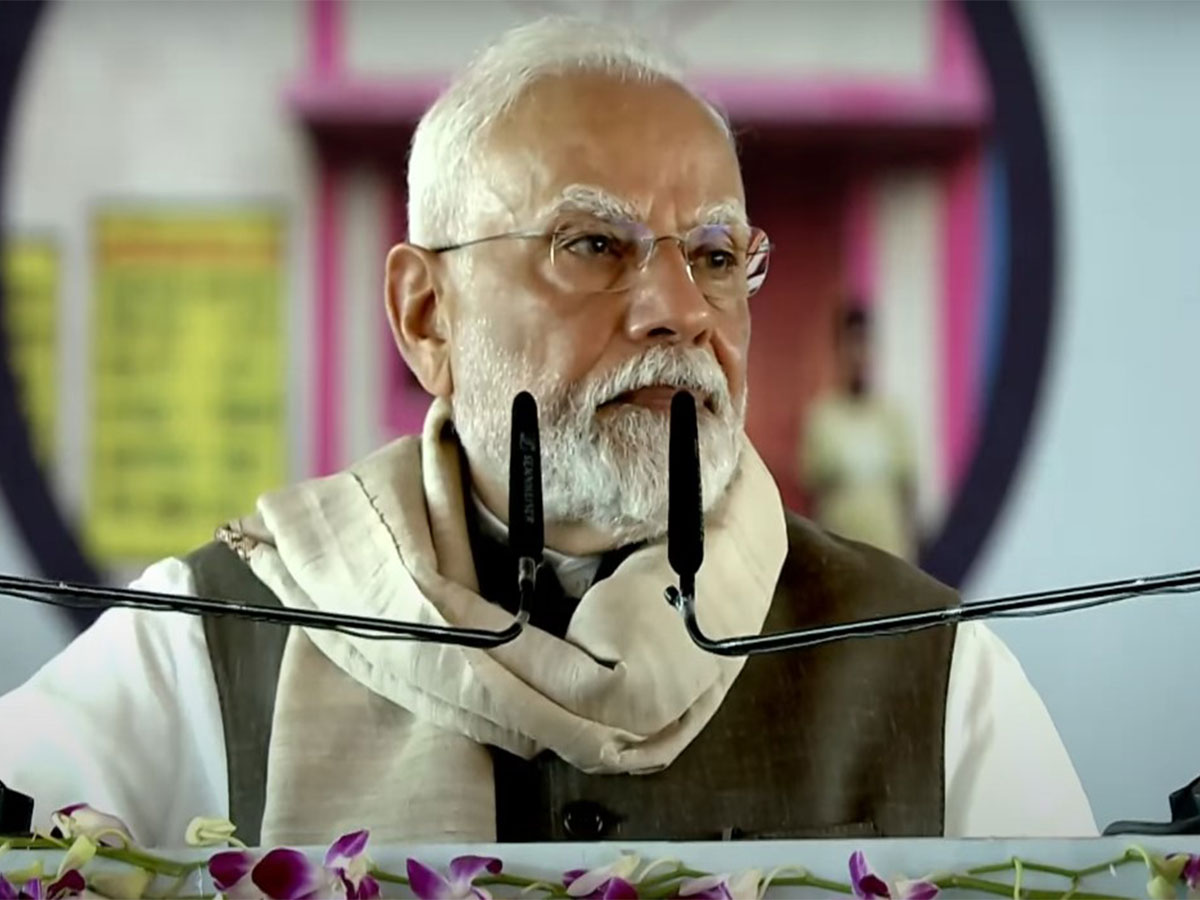China intensifies suppression of YouTubers, silencing critical voices
Feb 23, 2025

Beijing [China], February 23 : Winston Sterzel, recognized as China's first YouTuber, along with his longtime collaborator, both of whom cultivated substantial subscriber bases, became targets amid China's increasing control over digital content, The Hill reported.
For over ten years, they chronicled China's culture, people, and everyday life through motorcycle journeys and detailed documentaries. According to The Hill's account, their intention was to highlight the country's vibrancy while avoiding politically sensitive subjects.
The report mentioned that as China heightened its crackdown on foreign social media, its content came under greater scrutiny from authorities. A change in the government's stance transformed former supporters into opponents, making their continued presence in China dangerous. Ultimately, they both moved; Sterzel, a South African, relocated to the US, where his partner already held citizenship.
Once liberated from China's restrictive framework, their views on the CCP shifted significantly. No longer bound, they began to openly critique the government's policies, including its censorship methods and global influence operations. Their audience expanded as they unveiled China's suppression of free speech and digital manipulation tactics, as reported by The Hill.
The Chinese Communist Party's interference became even more evident during the COVID-19 pandemic. The YouTubers disclosed that China tried to shape the narrative by eliminating critical videos, pressuring their sponsors, and propagating misinformation, as cited in The Hill report.
The Chinese government inadvertently contacted them with an offer of USD 2,000 to post a pre-made video that falsely attributed the pandemic to white-tailed deer in the US, The Hill reported. Similar content was later seen on various Western YouTube channels, indicating a coordinated disinformation strategy.
The suppression didn't cease there. After the 2020 US election, their viewership on YouTube dropped sharply without justification, coinciding with modifications to YouTube's algorithm and China's changing online tactics.
A 2021 report from the Australian Strategic Policy Institute further corroborated that China actively engages foreign social media influencers to promote narratives favourable to the CCP, particularly regarding Xinjiang, as noted by The Hill. Although YouTube is banned in China, Beijing continues to leverage the platform for propaganda while stifling opposing viewpoints.




















